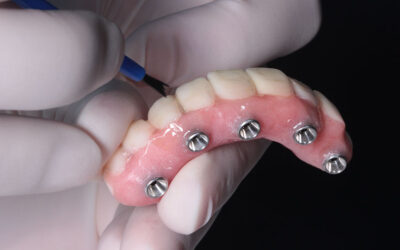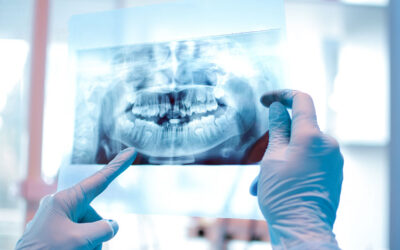Gum disease can lead to other major dental problems and should be promptly treated by a dentist. If you believe that you suffer from gum disease, you should be aware of the symptoms and learn about the best treatment options.
Symptoms
Although having symptoms of gum disease does not necessarily mean that you have the condition, you should see your dentist as soon as possible if you notice any abnormalities around your gums or other areas of your mouth. Some of the most common symptoms of gum disease include:
- Persistent bad breath (halitosis)
- Gums that are swollen or red
- Tenderness or bleeding of the gums
- Pain while chewing
- Loose teeth
- Sensitive teeth
- Receding gums or teeth that appear to be longer
Diagnosing
During your appointment with the dentist, your teeth and gums will be examined to check for any inflammation. A small ruler known as a probe will be used to painlessly measure the depths of the pockets around the teeth. It is also important to let your dentist know about your medical history and other risk factors (such as smoking) that may increase your risk of developing gum disease.



